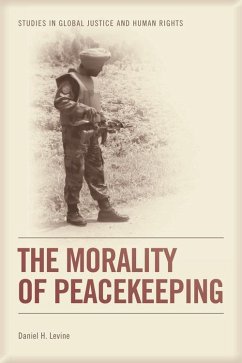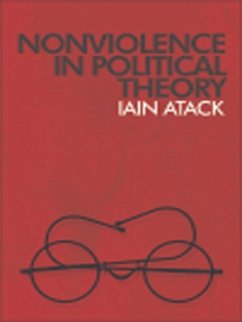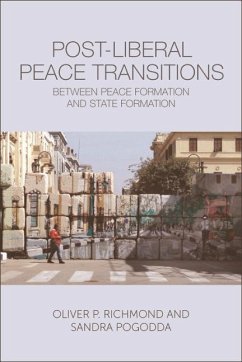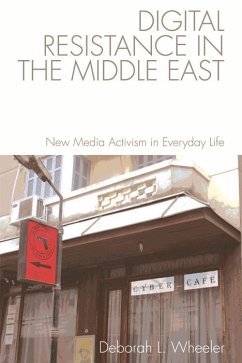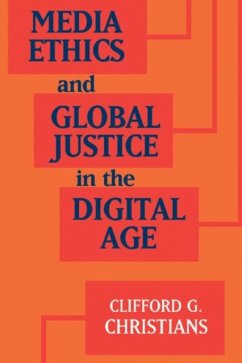
Ethics of Peacebuilding (eBook, PDF)
Versandkostenfrei!
Sofort per Download lieferbar
0,00 €
inkl. MwSt.
Weitere Ausgaben:

PAYBACK Punkte
0 °P sammeln!
This book explores the ethical dimension of peacebuilding. In the aftermath of the Cold War the hope for a more stable and just international order was rapidly dissolved by the internecine conflicts that plagued all continents. The Rwanda and Srebrenica genocides demonstrated the challenge of promoting peace in a world increasingly defined by intra-state conflict and sub-national groups confronting nation-states. Murithi interrogates the role that ethics plays in promoting and consolidating peacebuilding and presents a synthesis of moral philosophy and international relations and an analysis o...
This book explores the ethical dimension of peacebuilding. In the aftermath of the Cold War the hope for a more stable and just international order was rapidly dissolved by the internecine conflicts that plagued all continents. The Rwanda and Srebrenica genocides demonstrated the challenge of promoting peace in a world increasingly defined by intra-state conflict and sub-national groups confronting nation-states. Murithi interrogates the role that ethics plays in promoting and consolidating peacebuilding and presents a synthesis of moral philosophy and international relations and an analysis of the ethics of negotiation, mediation, forgiveness and reconciliation. In its attempt to explore the extent to which ethical concerns influence and inform peacebuilding this book contributes to a growing body of literature on ethics and international relations which will enable students, scholars and practitioners to ground their understanding of a principled peacebuilding.Key Features:*Author has first-hand knowledge of peacebuilding through his work with the UN and NGOs*Analyses the ethics of peacebuilding inherent in the actions of the inter-governmental and non-governmental organisations*Examines the ethics of negotiation, mediation, forgiveness and reconciliation*Draws on a wide range of historical and contemporary case studies including the League of Nations, the United Nations, the Quakers in the Biafran War, the South African and Sierra Leonean Truth Commissions
Dieser Download kann aus rechtlichen Gründen nur mit Rechnungsadresse in A, B, BG, CY, CZ, D, DK, EW, E, FIN, F, GR, HR, H, IRL, I, LT, L, LR, M, NL, PL, P, R, S, SLO, SK ausgeliefert werden.





